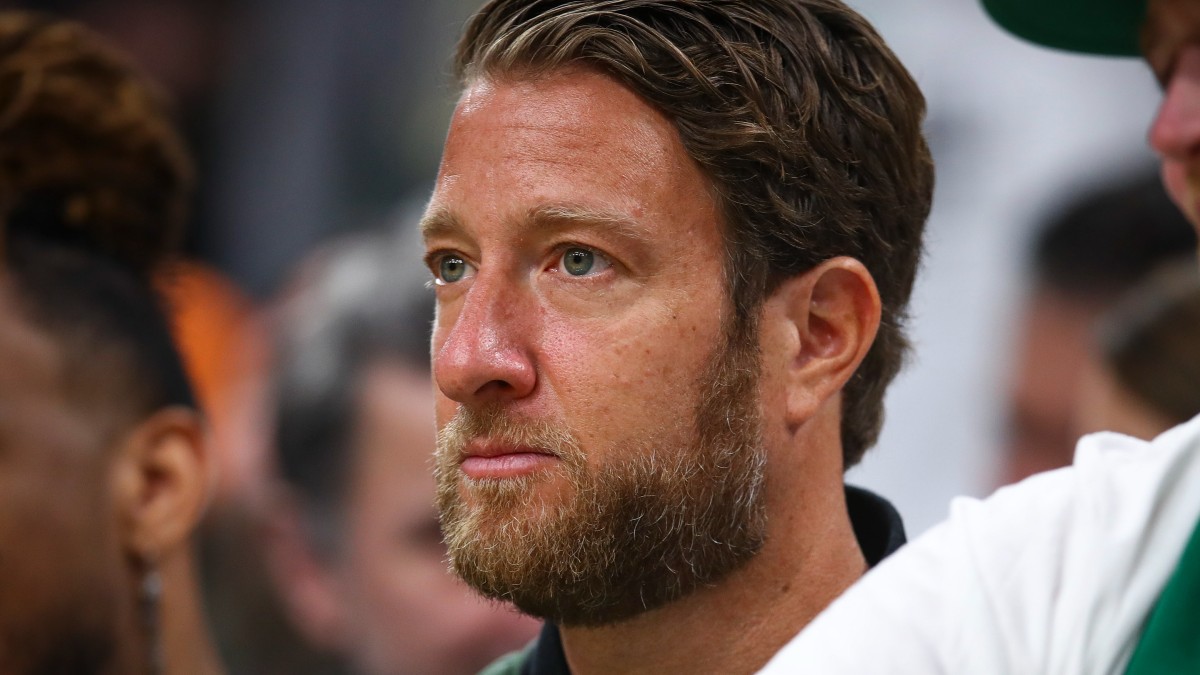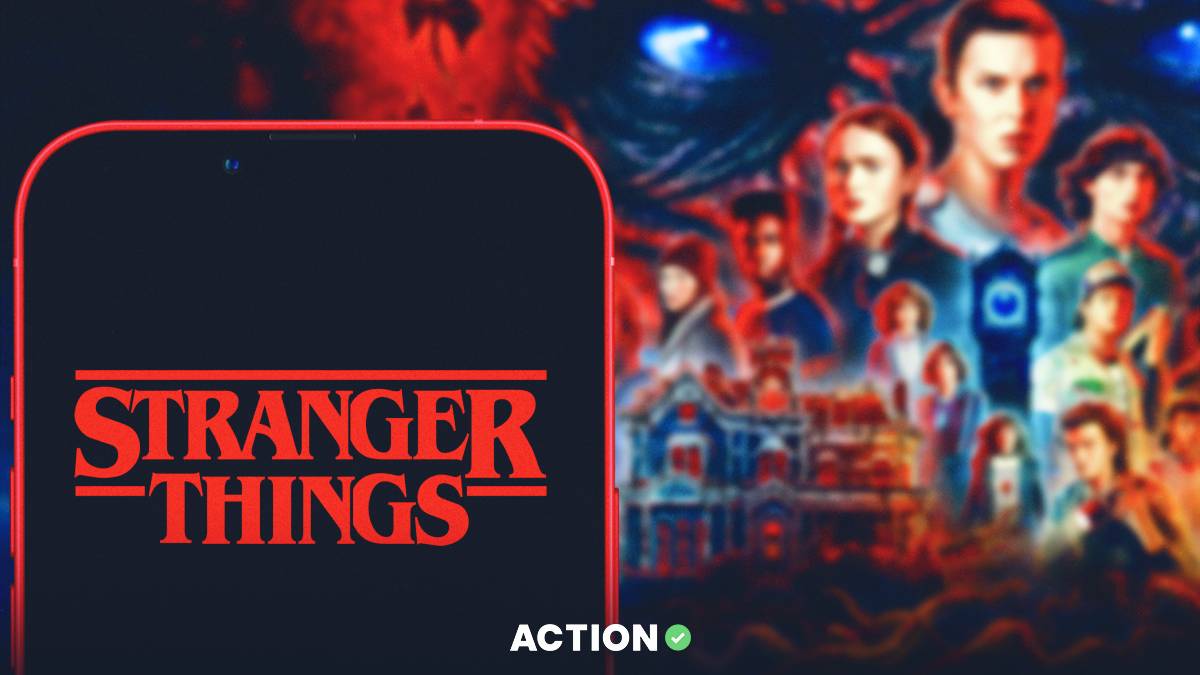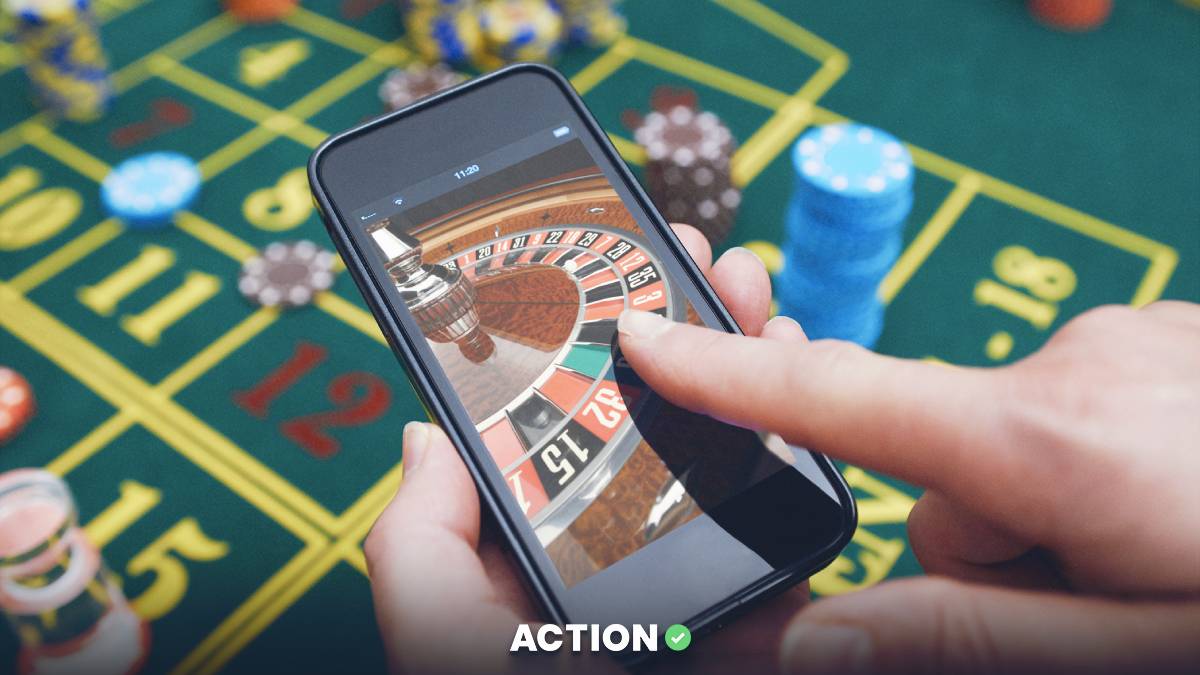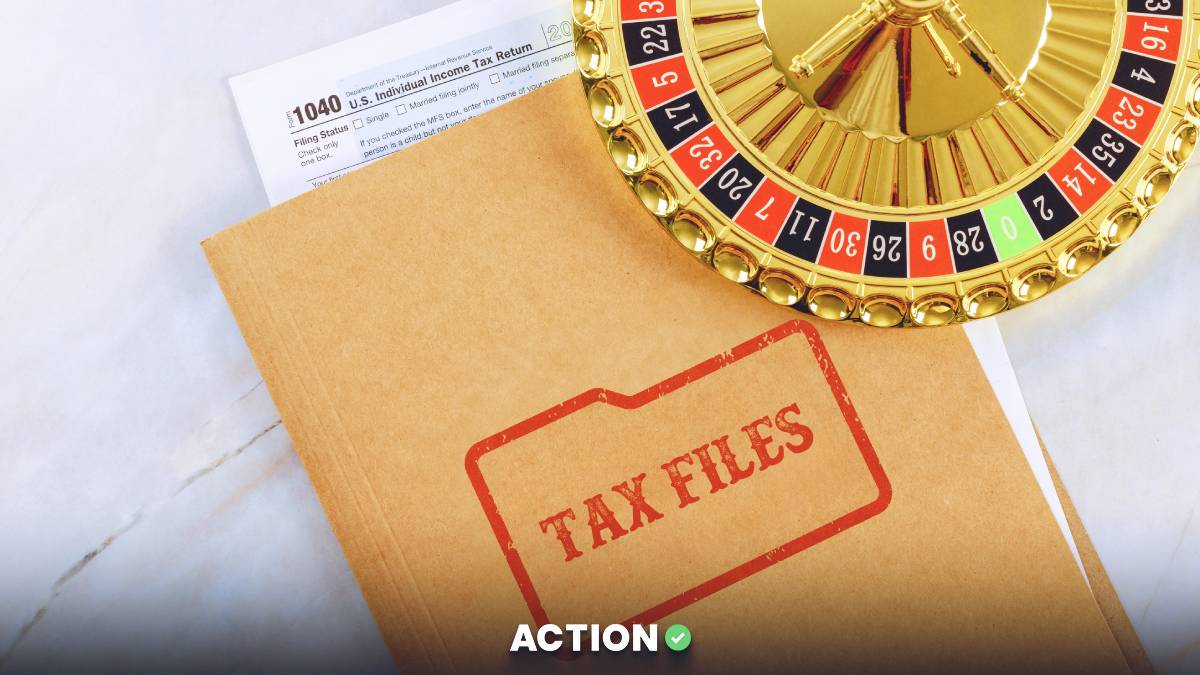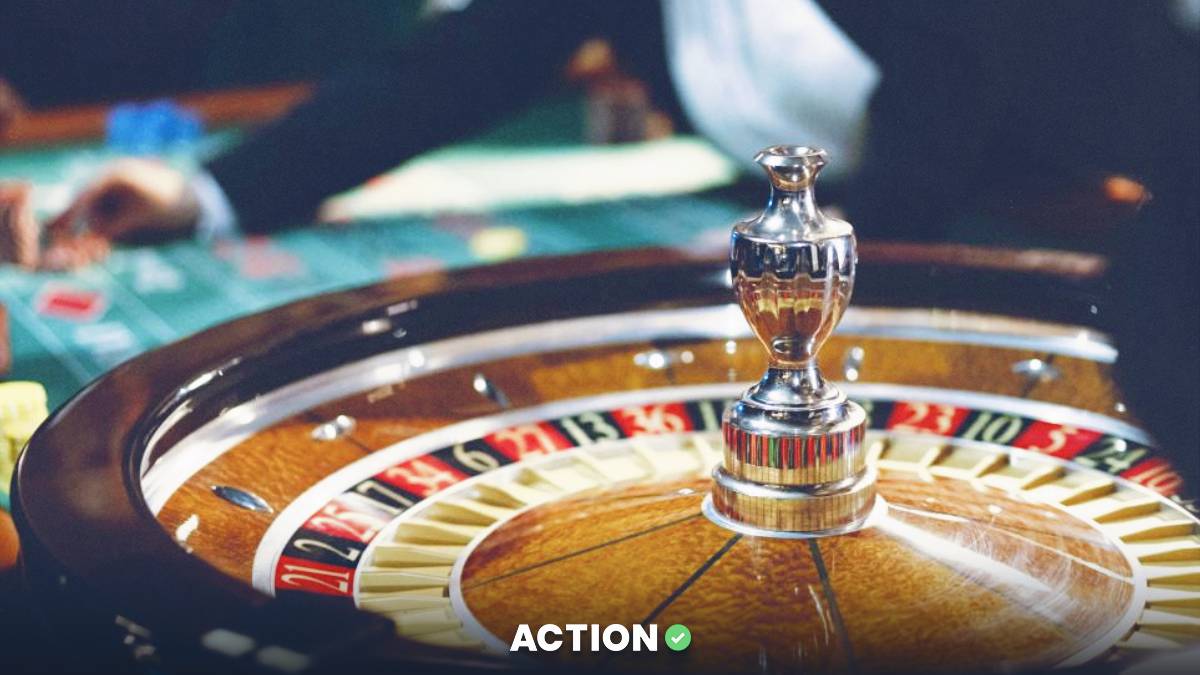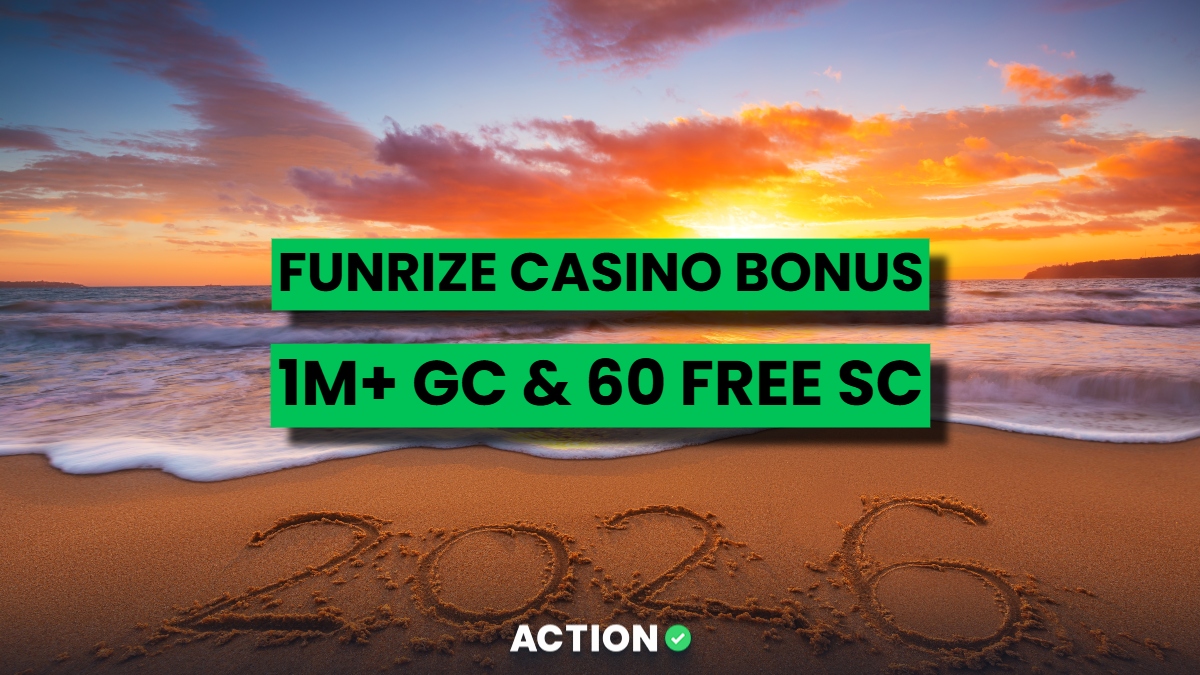The Massachusetts Gaming Commission will host a hearing regarding whether Barstool Sportsbook broke any state regulations in promoting its "Can't Lose Parlay."
The "Can't Lose Parlay" is a popular pre-made wager that Barstool Sportsbook has advertised tongue-in-cheek for the better part of four years.
For the promotion, Dan Katz — better known as Big Cat — groups a series of bets together that users can wager on with the ease of a few button clicks. The parlay odds are typically boosted in order to entice users.
Parlays — namely, Same Game Parlays — are sportsbooks' most profitable endeavors, and rarely provide an edge for bettors.
Barstool has halted its advertisement of the promotion across all states as a result of the inquiry.
The news comes on the heels of a contentious approval process in Barstool's home state of Massachusetts.
While the book was eventually approved, commissioners called into question Barstool founder Dave Portnoy's commitment to responsible gaming; his "character, reputation and honesty;" and his personal financial history, which includes a 2004 bankruptcy filing reportedly due in part to a $30,000 gambling debt.
State commissioners were also concerned with the sportsbook's previous efforts to lure underaged bettors. Penn and Barstool were fined $250,000 in Ohio after targeting University of Toledo students for signups.
The hearing has yet to be scheduled. At it, Massachusetts' Investigation and Enforcement Bureau will provide evidence and answer questions from commissioners about the potential violation. Likewise, so will representatives from Barstool.
Afterward, the state gaming commission will determine next steps, which could include penalties.
Massachusetts has so far been the most hawkish state in enforcing responsible gaming language. "Risk-free" and other variants of that phrase have been outright banned from advertisements in the state. "Free bet," too, isn't allowed.
Fearing regulatory clampdowns in other states — and with roughly 29 more states awaiting full implementation of mobile sports betting — most books have begun to move away from language once common across the landscape.
"$1,000 risk-free bet" has now turned into "$1,000 bonus offer." "Free bets," meanwhile, are now "bonus bets."


